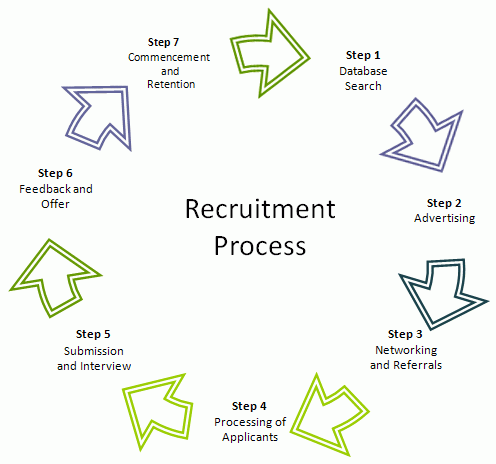1. Focus on technology skills first
Finding candidates who possess certain technological knowledge is very important, contributing to the direction of recruitment needs and helping startups set reasonable expectations.
2. Build a comfortable, sociable culture in the company
This is very important, especially in the case of a company with multiple departments. In order for new employees to feel comfortable and help them adapt well to the environment, factors such as policies, culture of information transmission, working tools, etc. must be ensured. Every company has different ways of promoting active employee engagement, but don't forget that many things, no matter how small, matter.
Startup executives and direct recruiters need to be receptive to feedback and ensure that a culture of sociability is maintained. At the same time, the entire team within the company is responsible for making the new employee feel comfortable.
3. Create a talent search network
Talented people do not apply for jobs by passively waiting for new job needs, but always actively looking for opportunities. Therefore, only starting to look for talent when the company shows signs of needing people is not a good strategy.
As CEO, your job is to have an idea of the company's human resources needs for the next 6 months and communicate this information to the team to create a talent network. It is the staff who are the best "ambassadors" who will work with you to find candidates more effectively.

4. Dissemination of culture and vision
Many articles in Harvard Business Review and Fortune Magazine show that young employees look for two factors when applying for a job:
First, managers know how to encourage employees and good colleagues can help new employees learn many new things to progress together.
Second, the meaning and influence of the work.
That means young employees are not too concerned with money issues. Therefore, the executives and the whole startup team should boldly spread the vision and show how they are changing the world.
5. Create a Recruitment Process
Adapting from Google's recruitment method, we have a minimum of 3-4 rounds of interviews.
Round 1 is a technology skills test, conducted by the hiring manager. Round 2 is for testing suitability to the working environment and company culture, conducted by a co-founder or a team member who will have a close working relationship with the candidate. Round 3 is conducted by founders and executives, to evaluate the candidate's motivation and leadership ability, to see if they believe in the company's vision and product.
3-4 rounds of interviews may seem like too much for a young startup, but we have been doing this interview for over a year and no candidate has given up after the first round.
Having more people on your team involved in the hiring process has two benefits:
Firstly, the people who will most likely work with the new employee have the right to have a say in the recruitment and they often see the outstanding skills and qualities in the candidate from many different angles.
Second, help candidates have an overview of the company culture, not only about specific regimes such as free drinks or unlimited vacation days, but most importantly about the human factor.












Replies to This Discussion